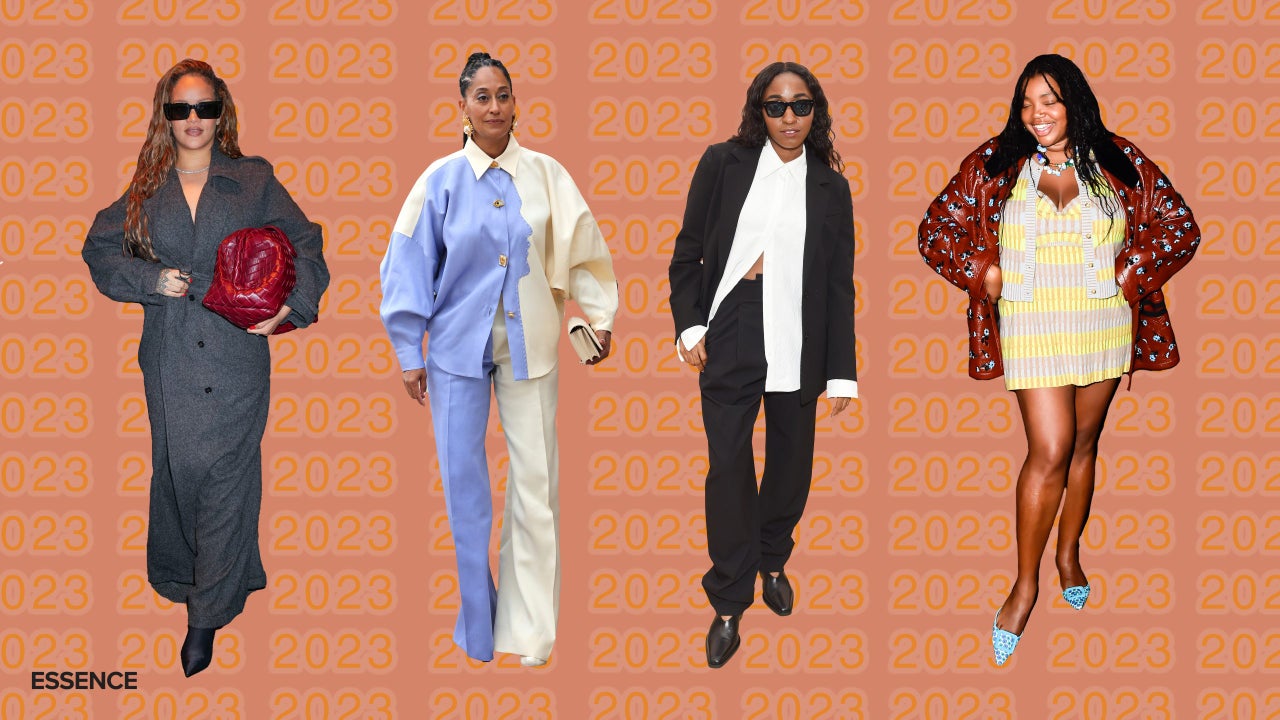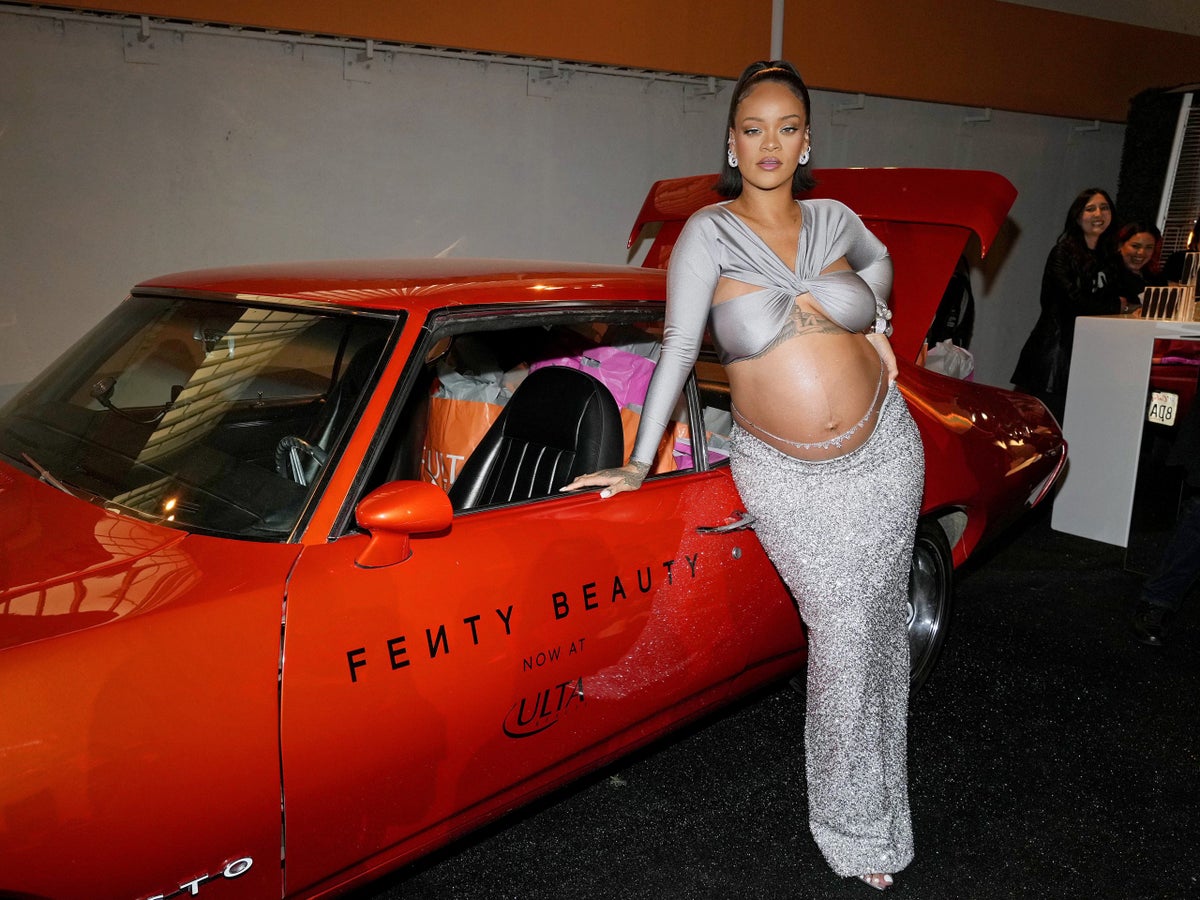


Emmy Award-winning filmmaker Lisa Cortés is a true storyteller. Throughout her career, she has been herald for creating content that challenged the status quo, and promoting diversity and inclusion in the media space.
Following her departure from the music industry–where she was an executive at Def Jam and Mercury Records, Cortés went on to produce films such as The Apollo, the critically-acclaimed Precious, Little Apple, and Invisible Beauty. As a director, she’s led All In: The Fight for Democracy, The Remix: Hop Hop X Fashion, and most notably, Little Richard: I Am Everything, which, through the celebration of its central figure, reveals the Black queer origins of rock & roll and finally explodes the whitewashed canon of American popular music.
As a creator, this Yale University graduate knows that providing the world with accurate accounts of history is paramount, especially as it pertains to her community. It’s all about changing perceptions and breaking stereotypes in her field of expertise and beyond.
“We do the work,” she tells ESSENCE. “For me specifically, I do ancestor work, to make certain that sources that might want to make our stories visible, have honest documentation in big platforms that center our truth and our contributions.”
ESSENCE: Can you speak about when did the transition happen for you from the music industry to the film industry, and what prompted that decision to make that decision?
Lisa Cortés: I left the music industry in the late nineties. I was looking for a bigger platform to tell stories. I realized that I kind of went on a little self journey to India and I went to a movie theater one day, and I did not know what they were saying, but watching this movie, I totally got what was going on. I was like, “Oh yes, a picture is worth a thousand words.” And I thought about incredible songs that I heard, and artists I had worked with, and I thought, wow, if you didn’t understand the language they were speaking in, you couldn’t access the beautiful meaning. But with a film, it became a bigger canvas for me to engage with people and stories that I wanted to see painted into the world and that you could watch. Even if you didn’t know the language, you could understand what they were going through. And so the power of the visual medium became really intoxicating for me.
As a filmmaker, I want to know what it is about creating documentaries as opposed to other types of films, that intrigues you?
I’ve had this incredible career starting out at Def Jam Records, Rush Artist management, during the golden era of hip-hop, signing great artists that went to Mercury records. Producing narrative films from the Woodsman to Precious. And after all these different things, I found myself in the documentary world. I love the community of filmmakers that I work with. I personally am someone who is thinking about history, about pop culture moments, about storytelling. With documentaries I have found a way to pull a thread of the connective tissue between individuals and how they sit within a broader context of social and cultural movements.
That, of course, leads me to Richard because his story is not just the music, it’s about the innovation, the creativity, making something out of nothing and really being an icon that not only changed and contributed to the culture of his time, but we see the residue now in the output of artists, freedom of expression, dress. When you have somebody who’s so disruptive, they don’t just disrupt on one level. So, documentaries allow me to pull threads in the story that I can then pull together to see the big impact of someone on the fabric of the world we live in.
I want to stay on Little Richard for a moment. There are just so many amazing things about him, both in and outside the recording booth. What is the most facet about him that you would want the viewer to take with them after they see the film?
The power of imagination.
Most people come to Little Richard thinking about “Shut Up.” They think about the more comical, almost caricature, that if you don’t know what things were like in 1955 when he burst on the scene and brought “Tutti Frutti” and all those great hits, you can have a very limited idea based on the last years of his life. Particularly that period where he’s on a lot of talk shows providing what is oftentimes comic relief.
But when you know his story, and not only what he crafted, but how he affected so many other incredible artists, you really go, “how did he do this?” He wasn’t supposed to be able to declare himself, show up in mirrored suits. He wasn’t supposed to break out of the constraints of Macon, Georgia, of poverty. And in each case, in his artistry, he is drawing upon where he came from to build something new that he imagined. And I don’t know how much we feed our imaginations now. I think we feed fear, but we don’t feed possibility in equal measure. And that’s what Richard’s story for me is a testament to.
Why do you think he was so misunderstood?
Sometimes when you are the sole person declaring yourself, you start to sound like a broken record. You fall into a place where there are no scholars who are drawn to, who have been able to tell your story. You are not the person, the boy who cried wolf, but you almost become that. And also so much of the entertainment business really didn’t care. I think we have to find ourselves culpable also for the stories that we chose to tell and to highlight. And in his case, we didn’t, in the full spectrum of it.
And not just that one slice in 1955 and those hits, but also the queerness, the aunties and uncles like Esquerita and Sister Rosetta Tharpe who helped form him, his journey as a young drag queen. These are things that Richard talked about. It wasn’t like he was trying to hide it—he didn’t hide it at all. But I think sometimes our focus has been in other areas.
Can you speak to me about how you felt the moment you found out that your film was nominated for a Grammy Award?
I didn’t believe it because despite my long time in the music industry, I never was nominated for a Grammy. I thought, “Wow, what a crazy full circle moment.” But the second thought was, “Wow, Richard was never nominated for a Grammy.” And in a major way we share the nomination with him and his spirit.
Another film you directed, The Space Race on National Geographic, tells the story about black astronauts and their history. What was it about that story that pulled you in so much that you wanted to document it for mass consumption?
I’ve always adored space. I’ve imagined myself as an astronaut. Speaking with our EP, the former astronaut Leland Melvin, who’s an incredible brother, the stories he shared, and knowing that the people who laid the foundation are our elders. Ed Dwight, the astronaut candidate from 1963 is 90. Guion Bluford, the first African-American in space, is in his eighties.
So there was a timeliness to once again, giving these incredible people the mic to tell their story in their words. And that’s something that’s so important for me and my storytelling is always to center the voice of the participant. Not my ideas about them, but no, who are you? What’s your origin story? What’s your evolution story? And the astronauts who are here are the ones who can talk to this legacy. And when you speak to someone like Leland who flew in the nineties, or Victor Glover who’s active now, they talk about Guy, they talk about Ed Dwight. Wow, the world needs to know and to have this incredible platform to tell this comprehensive, overarching story.
I want to get your perspective on this—Since you have been within the film industry, how have you felt about the representation of not just people of color, but women of color as well in filmmaking? And are you optimistic at all for the future?
Well, I think we can start with cinema. If we look at Birth of a Nation by D.W. Griffith and the tremendous damage that it caused by using the moving image to depict black people in the most deplorable ways and to uplift the Ku Klux Klan as it did in that film. Where we are now, where we control our narratives and there are greater opportunities. But, so we’ve had black exploitation, we’ve had our great Indie time with Spike Lee. We had the moment of John Singleton and Love and Basketball with Gina Prince-Bythewood.
We are seeing this wave now. I think I was at Sundance this year with two films, not only Little Richard, but also Invisible Beauty that I produced. And I remember going into Sundance 20 or 25 years ago, and I’d see one black person on the street and be like, “What film do you have?” Now, to be joined in community with so many other folks of color has been heartwarming.The kinds of stories that we are allowing ourselves to tell—all of which contributes to an understanding that black people are not monolithic. Our stories are made all over the world. Mami Wata is a beautiful film from Africa. I’m excited by the expanding global market, by the market and Nollywood and to know that progress is slow, but progress is being made.







